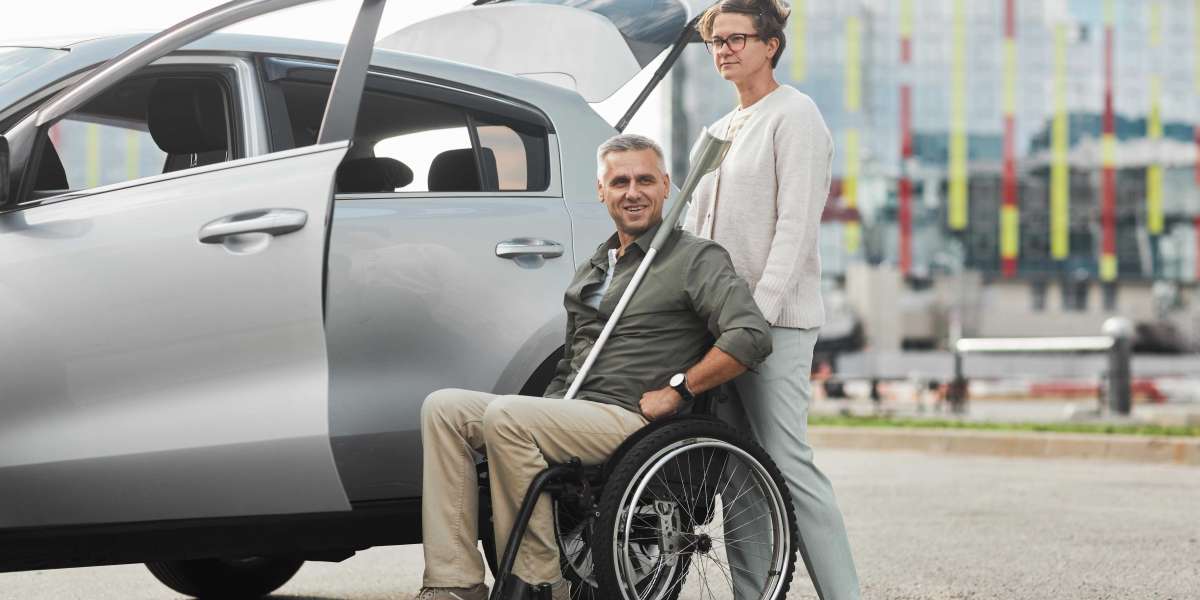Introduction
Families often find themselves quietly observing the day-to-day struggles of their loved ones who live with chronic knee pain. At first, these changes may seem small, like walking more slowly or avoiding certain activities. Yet, over time, these patterns become clearer and harder to ignore. It is during these moments that many consider seeking an online ortho doctor consultation to understand whether surgery may be the next step.
When Knee Pain Begins to Change Daily Life
Knee pain rarely starts all at once. For many families, it begins as a mild ache after long walks or climbing stairs. Parents and grandparents may brush it off, insisting it’s just part of aging. But families notice when the pain keeps them from joining a morning walk or playing with grandchildren.
The gradual loss of mobility is often the first sign. When a loved one needs help with tasks they once managed on their own, such as bending down to pick something up or getting up from a chair, families begin to realize how deeply knee problems affect quality of life.
Everyday Struggles Families Recognize
- Difficulty in Walking Long Distances
Loved ones may start avoiding marketplaces, family gatherings, or even a stroll in the park. This avoidance often signals pain that has become too limiting. - Stiffness After Rest
Parents may complain that their knees feel locked or rigid after sitting for a while. Families notice them taking extra time to stand or begin moving again. - Interrupted Sleep
Night-time discomfort is another everyday sign. Restlessness, frequent tossing, and waking up in pain are struggles family members often observe quietly. - Emotional Frustration
Beyond physical limitations, families witness frustration, irritability, or even sadness in their loved ones when knee pain keeps them from participating in daily life. - Reliance on Support
Gradually, families notice their loved ones depending on walking sticks, furniture, or even another person to move around safely.
Why Families Consider Surgery
Surgery is rarely the first step. Families typically encourage non-surgical treatments, from medications and exercises to lifestyle changes. But when those efforts fail, it becomes clear that surgery might provide the best path to restoring independence.
For many, the turning point comes when knee pain starts to control the household. Family routines shift, social outings decrease, and emotional well-being is affected. These shared struggles make families realize that action is necessary.
Choosing the Right Hospital Together
Deciding on surgery is not just a medical choice; it is a family decision. Families want to ensure their loved one receives care in the best orthopedic hospitals, where expertise, safety, and compassion go hand in hand.
Here are some essential factors families should consider when making this decision:
- Medical Expertise
Look for hospitals with specialized orthopedic surgeons who have extensive experience in knee replacement procedures. - Comprehensive Care
Families value institutions that provide everything under one roof, from diagnosis to rehabilitation. - Technology and Safety
Advanced surgical technology and high safety standards often mean smoother recovery and better results. - Family-Centered Support
Hospitals that encourage family involvement during treatment help patients feel less alone and more cared for. - Proven Track Record
Checking recovery stories and patient outcomes gives families reassurance about the care they can expect.
The Emotional Side Families Don’t Talk About
Knee pain doesn’t just affect the person living with it; it ripples through the entire family. Children often worry when they see their parents struggling to climb stairs. Neighbours may notice when an elder stops attending community events. Even spouses feel the emotional toll when once-shared activities are no longer possible.
These moments are reminders that the decision for knee replacement is never about one person. It is about restoring balance, independence, and dignity within the family. An online ortho doctor consultation can be an important step in addressing these struggles together and preparing for the best possible care.
Conclusion
Recognizing the everyday struggles of a loved one is often what leads families to explore treatment options more seriously. Whether it is stiffness after rest, interrupted sleep, or the quiet frustration of missed moments, these signs are important reminders that help is available. Families find peace of mind in choosing the right care and ensuring their loved one can reclaim comfort and independence.
At Soundarapandian Bone and Joint Hospital, we are committed to providing world-class healthcare with the warmth and compassion of a family-run institution. Guided by a tradition of care, our highly skilled Orthopaedic surgeons and our dedicated team work together to ensure that every patient receives personalised treatment. We combine the latest in cutting-edge technology with a deep sense of empathy and ethics, striving for excellence in orthopaedics while fostering a welcoming, supportive environment for all.
FAQs
What are the earliest signs families notice before knee replacement?
Families often first notice stiffness, difficulty walking long distances, and increasing dependence on support like railings or walking sticks.
Why is an online ortho doctor consultation helpful for families?
It allows families to discuss concerns directly with a specialist, ask questions, and understand whether surgery or non-surgical options are most suitable.
How do the best orthopedic hospitals support recovery?
They combine expert surgical care with rehabilitation, emotional support, and advanced technology, ensuring patients regain mobility and confidence.
What role do families play in recovery after knee replacement?
Families provide emotional encouragement, help with daily tasks during recovery, and motivate loved ones to stay active in rehabilitation programs.
When should families seriously consider knee replacement surgery?
When pain disrupts sleep, limits mobility, and affects emotional well-being despite non-surgical treatments, families should consult an orthopedic expert.








